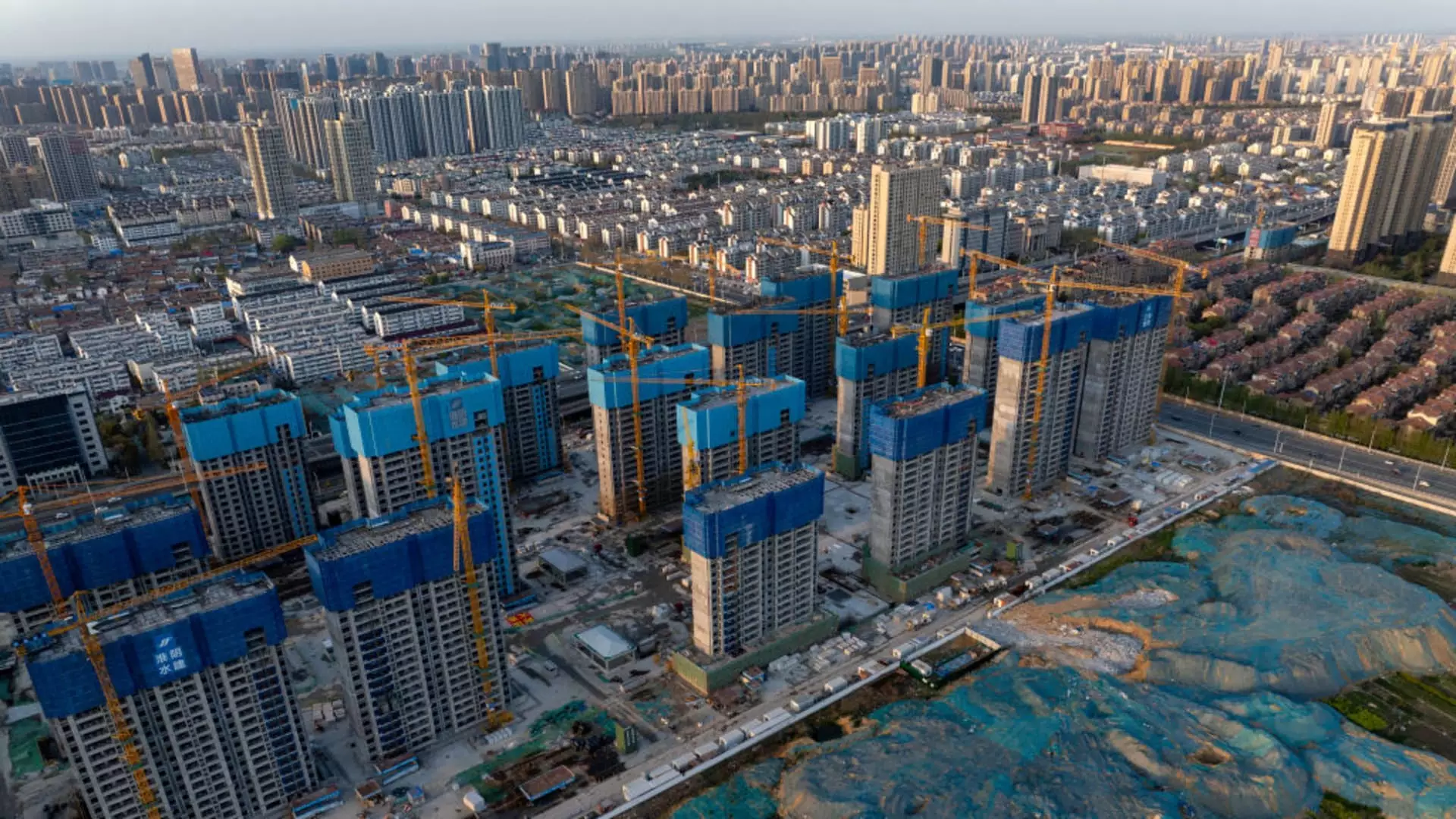China’s real estate market has been experiencing a decline in home prices, raising concerns about the potential for an economic slowdown. Richard Koo, chief economist at Nomura Research Institute, emphasized the need for convincing people that home prices are set to increase in order to stimulate economic activity. However, there are conflicting views on whether prices have hit rock bottom yet.
The drop in home prices has had a negative effect on both business and consumer lending, leading to a sluggish start to the year. This trend, combined with an emphasis on new growth drivers like manufacturing and new energy vehicles, has raised questions about the overall health of China’s economy.
Chinese officials have acknowledged the need for real estate market “adjustment” and have been cautious about implementing large-scale stimulus measures. This reluctance can be traced back to past experiences with stimulus programs, including a 4 trillion yuan package launched after the global financial crisis. While the initial response resulted in rapid growth, it also led to overheating and speculation, ultimately viewed as a failure by many.
Future Economic Strategies
Looking ahead, Richard Koo suggests that China should consider stimulating its economy to avoid a potential balance sheet recession. He proposes that support should be scaled back once growth reaches 12%. However, the government’s current target of around 5% growth for 2024 may prove challenging without additional stimulus measures.
China’s real estate market and economy are at a critical juncture, with home prices declining and economic activity slowing down. The government faces the dilemma of balancing the need for stimulus with the risks of overheating and speculation. As China navigates these challenges, it will be crucial to find a sustainable path forward to ensure long-term growth and stability.


Leave a Reply